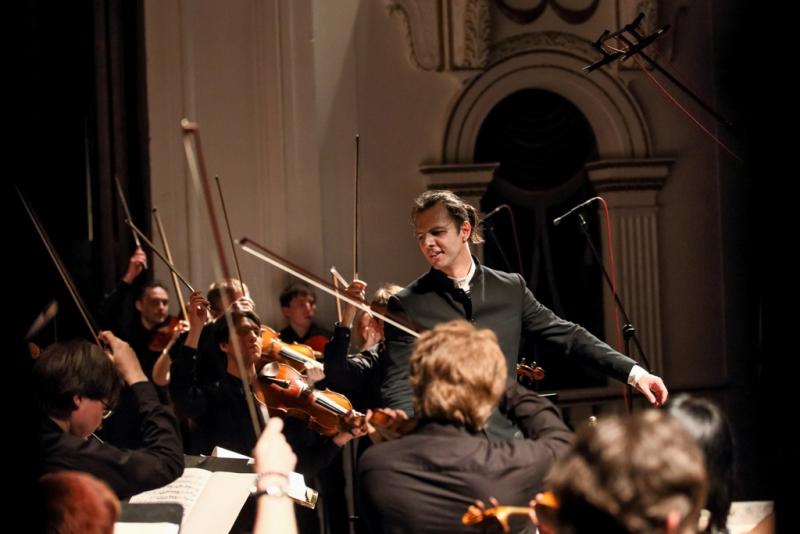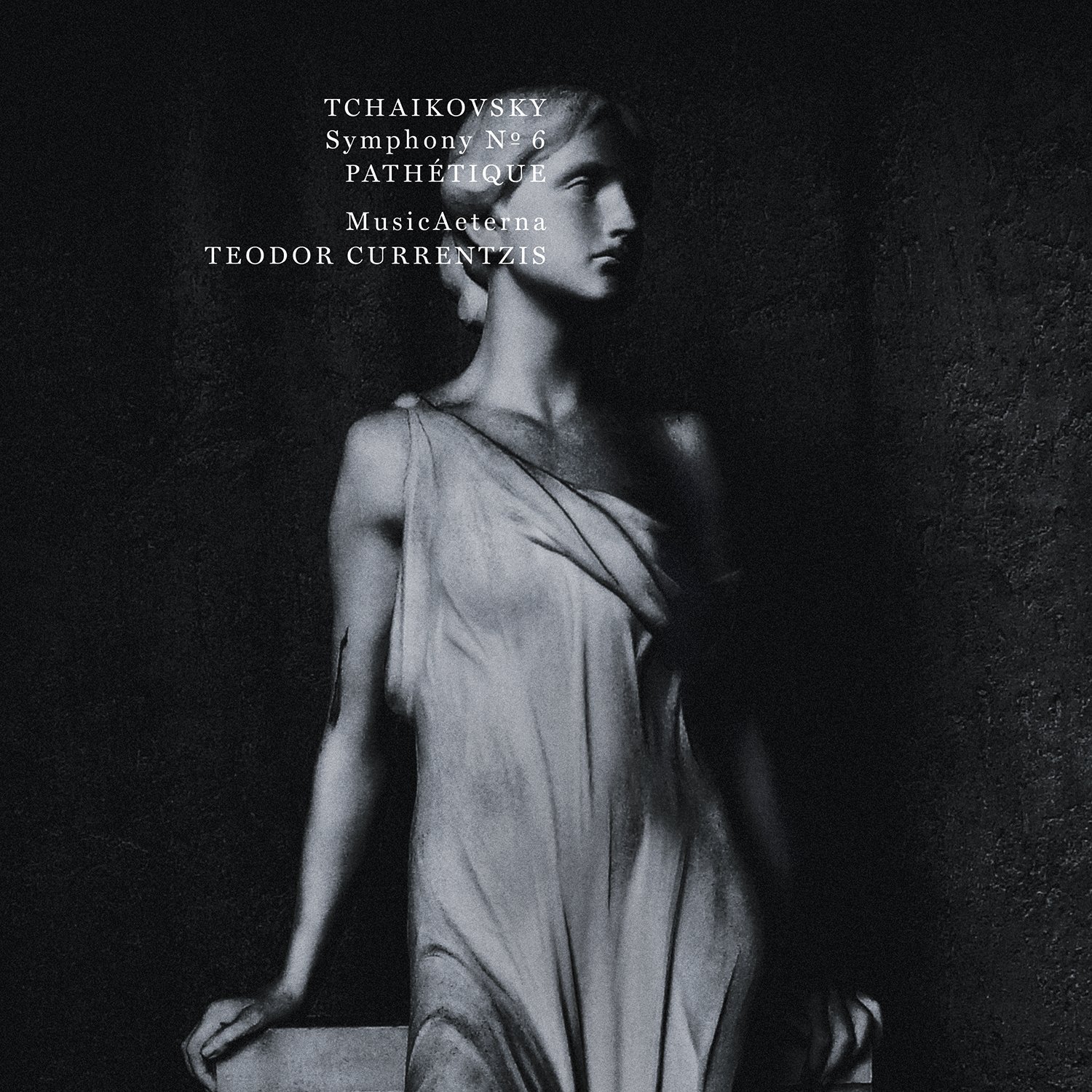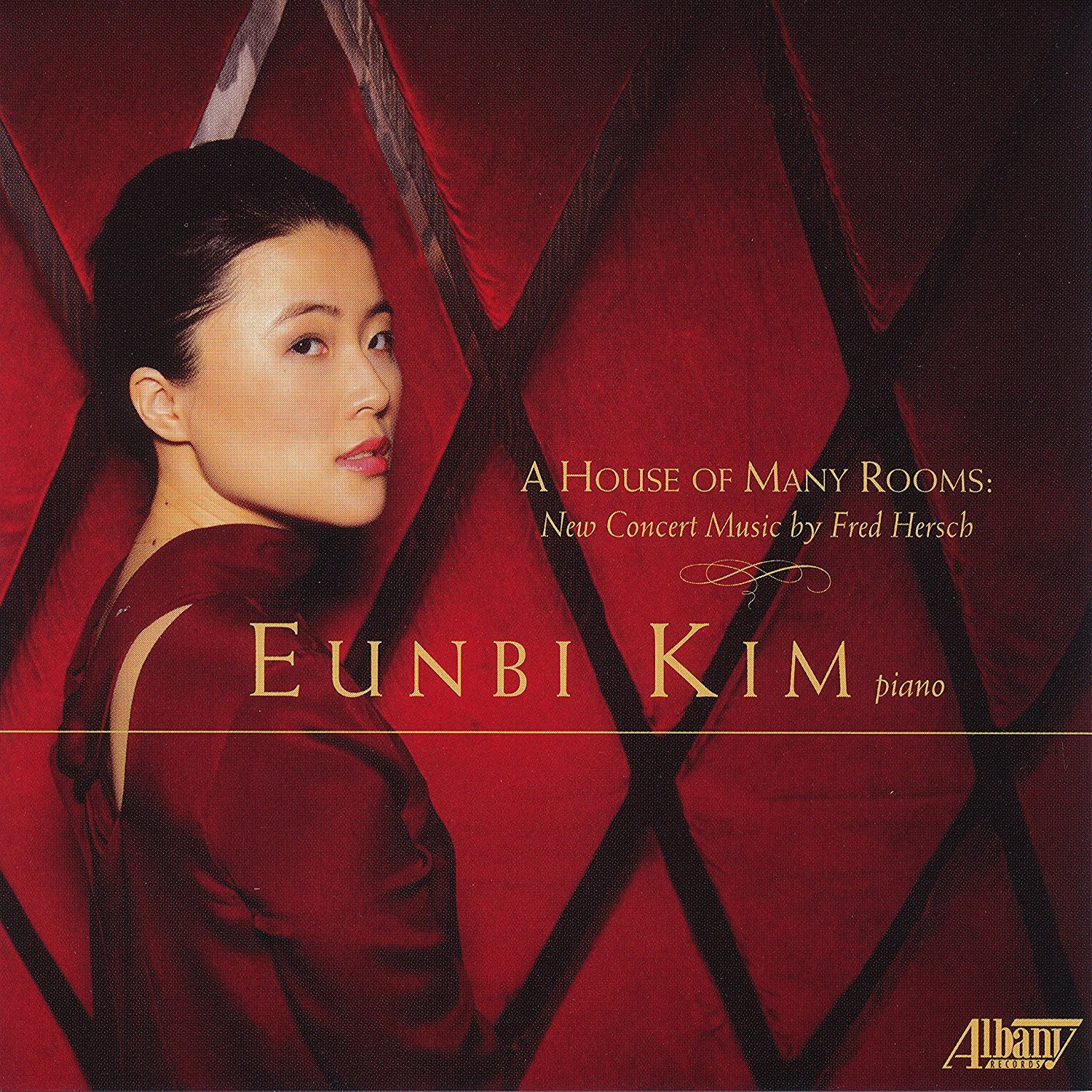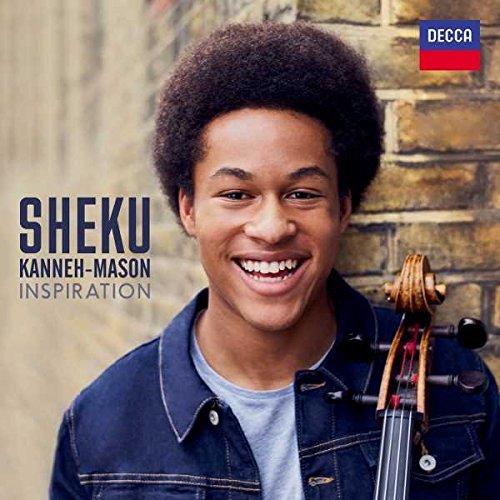Classical CDs Weekly: Tchaikovsky, Fred Hersch, Sheku Kanneh-Mason | reviews, news & interviews
Classical CDs Weekly: Tchaikovsky, Fred Hersch, Sheku Kanneh-Mason
Classical CDs Weekly: Tchaikovsky, Fred Hersch, Sheku Kanneh-Mason
Electrifying orchestral playing from the Urals, a jazz musician's classical side, and a brilliant young cellist

 Tchaikovsky: Symphony No. 6 MusicAeterna/Teodor Currentzis (Sony)
Tchaikovsky: Symphony No. 6 MusicAeterna/Teodor Currentzis (Sony)
There's a left field vintage recording of Tchaikovsky's Pathétique conducted by Otto Klemperer, a reading totally devoid of hysteria, complete with a laughably slow third movement march. It's interesting… and not an experience you’re desperate to repeat. But well worth dipping into before sampling this astonishing new Russian version – it's like moving from warm porridge to a bowl of fiery chilli. Everything's exactly as it should be, and more, helped by an interventionist production style which doesn’t aim to reproduce what you’d hear in a concert hall, but which still serves the music wondrously well. I was smitten by Teodor Currentzis’s very vocal phrasing of the nervy first subject, blossoming into a seductive, smoochy second theme. The clarinet solos before the development are implausibly soft, so the loud crash is a shocker. It gets better still, with lower strings from MusicAeterna – the ensemble was founded in 2004 in Novosibirsk by Currentzis, and has been the resident orchestra at Perm Opera since 2011 – digging in with alarming force. You can smell the smoke. Vladimir Kishchenko’s thunderous bass trombone pedal would be amusing taken out of context, but Currentzis makes it sound inevitable. Magnificent stuff.
The conductor’s sleeve note is characteristically discursive, but there's a lot of sense in what Currentzis says about the work, comparing the waltz’s timpani strokes to heartbeats, and describing the third movement’s exuberance as “a magnificent feeling of joy”, as felt by someone who knows the end is near. Which, when it comes, is alarmingly vivid, the orchestra’s stopped horns buzzing like angry bees. There's no coupling, but there's no emotional space for one. Exceptionally good, and proof that exciting recordings of standard repertoire are still being made. Sony have also released a vinyl edition. Stereo separation is really vivid. And putting just the first movement on Side 1 means that the noisier climaxes don’t feel unduly squished, though Tchaikovsky's ppppp passages are inevitably accompanied by a hint of crackle if you turn the volume up. I'm not complaining – this is one of the most exciting orchestral releases I've heard in months.
 A House of Many Rooms - New Concert Music by Fred Hersch Eunbi Kim (piano) (Albany Records)
A House of Many Rooms - New Concert Music by Fred Hersch Eunbi Kim (piano) (Albany Records)
Fred Hersch isn't a familiar name in the UK, but that shouldn't dissuade the curious from investigating his music. He's an American jazz pianist and composer, and this anthology collects some of his "straight", non-improvised works. They're marvellous. Hirsch's jazz sympathies are often evident, but these aren't vacuous noodlings. Take his extended Variations on a Theme by Tchaikovsky, a 20-minute sequence based on the sinuous oboe theme which opens the 4th Symphony’s slow movement. Allusions to Bach, Beethoven, Prokofiev, jazz and ragtime all pop up, and Hersch's ability to switch moods is dizzying: pianist Eunbi Kim recalls him telling her to play each variation as if she was entering a different room (hence the album’s title). The expansive final variation gives the second half of Tchaikovsky's theme some pleasingly fruity harmonies, before a stern coda. It’s really good – though a pity that the individual variations aren't indexed.
The remaining works are miniatures, but they're equally well-wrought. My favourites are Hersch's Little Midnight Nocturne, a meltingly beautiful response to Thelonious Monk’s Round Midnight, and a brief Satiesque prelude which gets better with each rehearing. Kim recorded these pieces under Hersch's supervision and it shows: her playing oozes warmth and affection, her rubato just subtle enough to hint at his jazz roots. A low-key treat; my only gripe being that it’s too short at just over 44 minutes.
 Sheku Kanneh-Mason: Inspiration (Decca)
Sheku Kanneh-Mason: Inspiration (Decca)
This is marketed as a disc with mass appeal and contains several slices of cheese. But young cellist (and BBC prizewinner) Sheku Kanneh-Mason is a phenomenal talent, and it's great that a work as nervy and uncompromising as Shostakovich's Cello Concerto No. 1 is reaching a wide audience. I was initially a little underwhelmed by this performance of Kanneh-Mason’s signature piece: the first movement's voltage a little low in the opening stages. Mirga Gražinte-Tyla’s acerbic CBSO wind players initially sound more energised, but the two parties do soon coalesce: the raucous cadenza with solo horn is superb and the slow movement chills. The concerto’s closing pages have an ominous weight: there's no hint of triumph despite the major key final chord. How can a mere teenager tackle such a tricky work with so much intelligence and technique?
The rest of the disc is fluffier fare, but it's still recommendable, Gražinte-Tyla providing sympathetic support in a schmaltzy movement taken from Shostakovich's The Gadfly film score. Several of the pieces are accompanied by the CBSO’s cello section, including brilliant versions of two Pablo Casals numbers. Saint-Saens’ The Swan sounds too murky without piano. Arrangements of iconic Bob Marley and Leonard Cohen songs provide a fun coda.
Explore topics
Share this article
The future of Arts Journalism
You can stop theartsdesk.com closing!
We urgently need financing to survive. Our fundraising drive has thus far raised £49,000 but we need to reach £100,000 or we will be forced to close. Please contribute here: https://gofund.me/c3f6033d
And if you can forward this information to anyone who might assist, we’d be grateful.

Subscribe to theartsdesk.com
Thank you for continuing to read our work on theartsdesk.com. For unlimited access to every article in its entirety, including our archive of more than 15,000 pieces, we're asking for £5 per month or £40 per year. We feel it's a very good deal, and hope you do too.
To take a subscription now simply click here.
And if you're looking for that extra gift for a friend or family member, why not treat them to a theartsdesk.com gift subscription?
more Classical music
 Monteverdi Choir, ORR, Heras-Casado, St Martin-in-the-Fields review - flames of joy and sorrow
First-rate soloists, choir and orchestra unite in a blazing Mozart Requiem
Monteverdi Choir, ORR, Heras-Casado, St Martin-in-the-Fields review - flames of joy and sorrow
First-rate soloists, choir and orchestra unite in a blazing Mozart Requiem
 Cho, LSO, Pappano, Barbican review - finely-focused stormy weather
Chameleonic Seong-Jin Cho is a match for the fine-tuning of the LSO’s Chief Conductor
Cho, LSO, Pappano, Barbican review - finely-focused stormy weather
Chameleonic Seong-Jin Cho is a match for the fine-tuning of the LSO’s Chief Conductor
 Classical CDs: Shrouds, silhouettes and superstition
Cello concertos, choral collections and a stunning tribute to a contemporary giant
Classical CDs: Shrouds, silhouettes and superstition
Cello concertos, choral collections and a stunning tribute to a contemporary giant
 Appl, Levickis, Wigmore Hall review - fun to the fore in cabaret and show songs
A relaxed evening of light-hearted fare, with the accordion offering unusual colours
Appl, Levickis, Wigmore Hall review - fun to the fore in cabaret and show songs
A relaxed evening of light-hearted fare, with the accordion offering unusual colours
 Lammermuir Festival 2025, Part 2 review - from the soaringly sublime to the zoologically ridiculous
Bigger than ever, and the quality remains astonishingly high
Lammermuir Festival 2025, Part 2 review - from the soaringly sublime to the zoologically ridiculous
Bigger than ever, and the quality remains astonishingly high
 BBC Proms: Ehnes, Sinfonia of London, Wilson review - aspects of love
Sensuous Ravel, and bittersweet Bernstein, on an amorous evening
BBC Proms: Ehnes, Sinfonia of London, Wilson review - aspects of love
Sensuous Ravel, and bittersweet Bernstein, on an amorous evening
 Presteigne Festival 2025 review - new music is centre stage in the Welsh Marches
Music by 30 living composers, with Eleanor Alberga topping the bill
Presteigne Festival 2025 review - new music is centre stage in the Welsh Marches
Music by 30 living composers, with Eleanor Alberga topping the bill
 Lammermuir Festival 2025 review - music with soul from the heart of East Lothian
Baroque splendour, and chamber-ensemble drama, amid history-haunted lands
Lammermuir Festival 2025 review - music with soul from the heart of East Lothian
Baroque splendour, and chamber-ensemble drama, amid history-haunted lands
 BBC Proms: Steinbacher, RPO, Petrenko / Sternath, BBCSO, Oramo review - double-bill mixed bag
Young pianist shines in Grieg but Bliss’s portentous cantata disappoints
BBC Proms: Steinbacher, RPO, Petrenko / Sternath, BBCSO, Oramo review - double-bill mixed bag
Young pianist shines in Grieg but Bliss’s portentous cantata disappoints
 theartsdesk at the Lahti Sibelius Festival - early epics by the Finnish master in context
Finnish heroes meet their Austro-German counterparts in breathtaking interpretations
theartsdesk at the Lahti Sibelius Festival - early epics by the Finnish master in context
Finnish heroes meet their Austro-German counterparts in breathtaking interpretations
 Classical CDs: Sleigh rides, pancakes and cigars
Two big boxes, plus new music for brass and a pair of clarinet concertos
Classical CDs: Sleigh rides, pancakes and cigars
Two big boxes, plus new music for brass and a pair of clarinet concertos
 Waley-Cohen, Manchester Camerata, Pether, Whitworth Art Gallery, Manchester review - premiere of no ordinary violin concerto
Images of maternal care inspired by Hepworth and played in a gallery setting
Waley-Cohen, Manchester Camerata, Pether, Whitworth Art Gallery, Manchester review - premiere of no ordinary violin concerto
Images of maternal care inspired by Hepworth and played in a gallery setting

Add comment